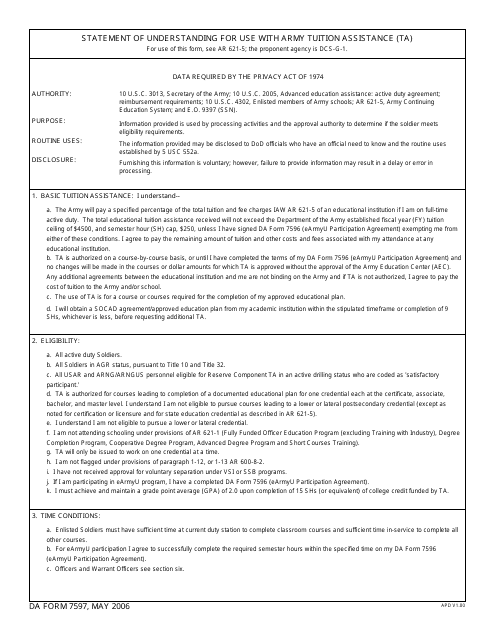Ncaa Eligibility Rules For Foreign Athletes
athletes eligibility ncaaIf you are an international college-bound student-athlete who wants to play at an NCAA Division I or II school this page will help you learn more about the steps to take toward. This is a great article about the amateur standing and the foreign student athlete.

I Hope You Will Find That Numerous Of These Advantages Are Rather Informing And Carefully Think About Whethe List Of Careers Online Education Education College
The NCAA Eligibility Center loosened standards for students who initially enroll full-time during the 202122 academic year and intend to play D1 or D2 sports.

Ncaa eligibility rules for foreign athletes. It also organizes the athletic programs of colleges and universities in the United States and Canada and helps over 480000 college student-athletes who compete annually in college sports. All college-bound student-athletes including international students need to adhere to NCAA amateurism requirements in order to preserve their eligibility for NCAA intercollegiate athletics. The NCAA also will discuss granting relief to.
And its not easy. International student-athletes add much to the learning environment within intercollegiate athletics. The NCAA Division I Council on Wednesday approved a proposal to grant all fall athletes an extra year of eligibility no matter if they play a 202021 season or not.
Since the early 1970s--when the NCAA welcomed its first waves of foreign athletes--coaches fans and journalists as well as the institutional powers that be have argued over the proper place and. Mostly large public universities. This rule stipulates that college student-athletes have five years to complete their four years of eligibility.
This can cause problems in the eligibility process because of the NCAAs Five-Year Rule. It is also possible to start out at the D2 level and after 2 years and then move to play at the D1 level. The NCAA Division I Council Committee has recommended that student-athletes who participate in spring sports should be provided eligibility relief.
Foreign amateur status can be tough for colleges to document. This also means that a student-athlete who wants to compete in college cant compete until their service is over. Fewer minority and low-income high school student athletes are passing academic muster under the NCAAs tougher tighter eligibility requirements while prospective college athletes overall are.
Please see the resources below for home school students and information regarding the Eligibility Center registration process. Because of the commitment enlisting in the military requires plans for college often get delayed or affected somehow. In 2017 the NCAA passed some new legislation that allowed for student athletes to spend a full year studying abroad and not have that year count against the five-year period provided that some criteria are met.
QuestionWhat are the Amateur Eligibility rules for foreign student-athletes. The National Collegiate Athletic Association NCAA is a nonprofit organization that regulates student athletes from up to 1268 North American institutions and conferences. All college-bound student-athletes interested in playing NCAA sports at a Division I or II school need to register for a Certification Account with the NCAA Eligibility Center.
If this athlete returns for a fifth year they will have been a member of the team and eligible to receive financial aid for six year because their first year of competition didnt count against their years eligibility. Incoming student athletes are subject to academic initial eligibility standards including standardized test scores the number of core courses taken in high school and the grades earned in core courses. THERES an interesting development in the House of Representatives that could affect collegiate sports leagues in the future.
This article by Jeff Miller of the Dallas Morning News recently appeared in Athletic Scholarships. Upon the completion of their fourth competition season this athlete has the option to compete for one final season a fifth year because the NCAA D1 had granted all 2020-21 athletes an extra year of eligibility. Was set to follow suit in School Year 2021.
Students wont be required to take the ACT or SAT by the NCAA. In fact it is a jungle. All college-bound student-athletes must have an academic and amateurism certification from the NCAA Eligibility Center.
Because of the stricter rules about eligibility most foreign players play at the D2 level. Bronny James has 58 million followers on Instagram as a high-school basketball player. With a surge in interest from foreign student-athletes to attend and play at American universities finding accurate information on the eligibility rules is the number one priority.
Is it in the NCAAs jurisdiction to regulate how he utilizes his platform financially before he is a part of the college athletics family. Student athletes need to be certified by the NCAA Eligibility Center to compete at any Division I school. If you remember the NCAA was set to ban imports starting School Year 2020 but that along with all others were scuttled because of the pandemic while the Cebu Schools Athletic Foundation Inc.
If you dont live in the USA and want to apply for an athletic scholarship then you must read this article. The NCAA D1 is very competitive. NCAA rule-makers previously voted to allow all spring sport athletes and fall sport athletes to maintain a year of eligibility no matter what portion of their season was impacted by the pandemic.
NCAA Eligibility Requirements for Student-Athletes Impact of COVID-19 on NCAA eligibility. Naturally the NCAAs ultimate NIL rules will also trickle down and impact high-school athletes particularly top recruits in sports like basketball and football. There are over 20000 international student-athletes enrolled and competing at NCAA schools.
Final approval is expected to.















